
What is Boondocking?
Is Boondocking Legal?
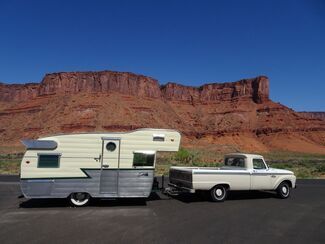
Dispersed Camping on Public Land
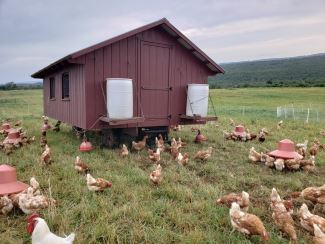
Privately Owned, Unique Boondocking Sites
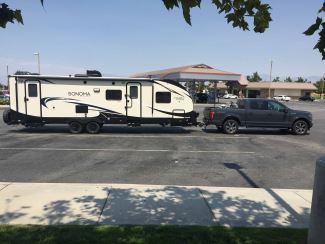
Parking Lot Boondocking and "Moochdocking"
Walmart Cracker Barrel Costco Camping World Highway rest stops
Is Boondocking Safe?

How Long Can You Boondock in an RV?
How big are your holding tanks? What size battery bank do you have? How much water and electricity do you use per day? Are you willing to make concessions to conserve water and power? How many people are camping with you? What kind of climate are you camping in? (i.e., will you be running the furnace to stay warm or drinking extra water to stay hydrated?)
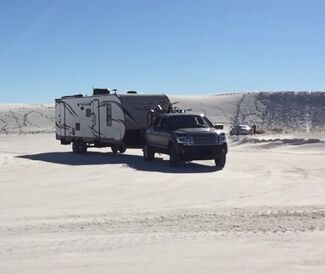
Must-Have Boondocking Essentials
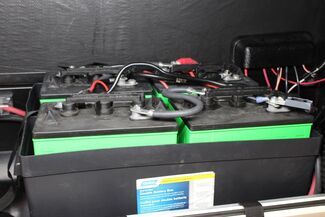
1. Batteries
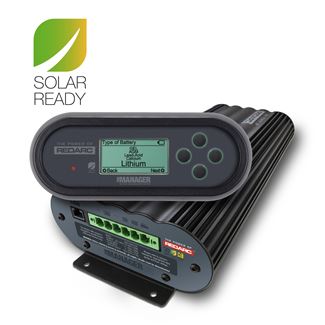
2. Battery Monitor
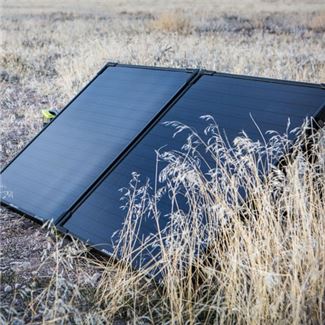
3. Generator and/or Solar Panels
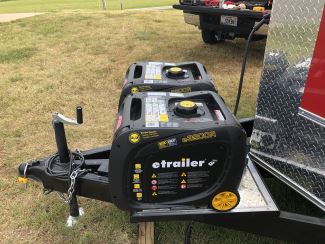
4. Inverter and/or Chargers

5. Low-Flow Shower Head
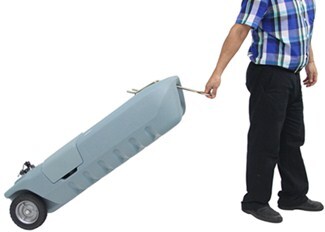
6. Portable Wastewater Tank

7. LED Lights

9. Fan and/or Heater
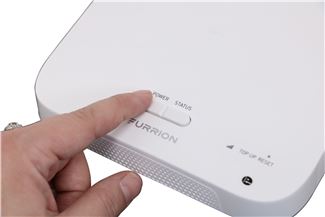
10. Wifi Router/Booster

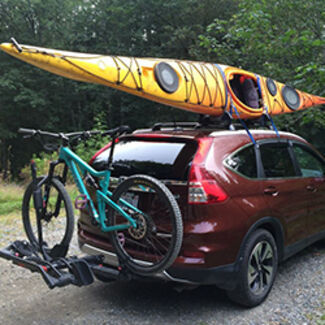
Thomas C.
2/3/2021
Getting ready to retire enjoyed all your information very helpful and all comment from your readers

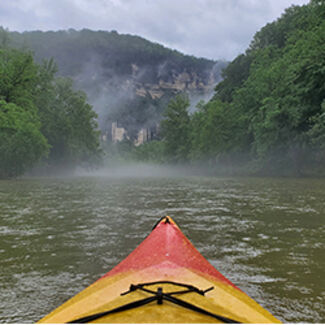
Ed H.
9/19/2020
Though there are plenty of good folks, there's a much darker side to this in many cases. Trespass, stealth streetside or parking lot use, trash, waste dump, safety.

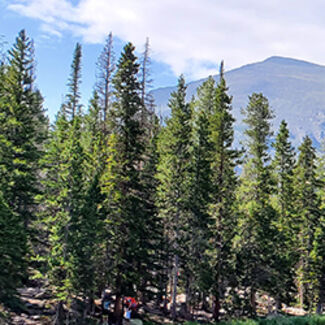
Dwight R.
8/25/2020
To add some history and color, add the information of the etymology of the word boondock. ( originally buntok )
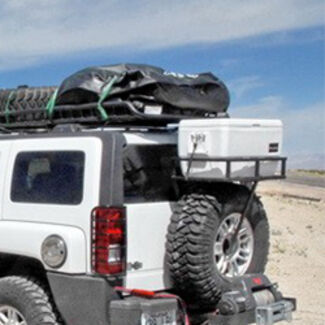
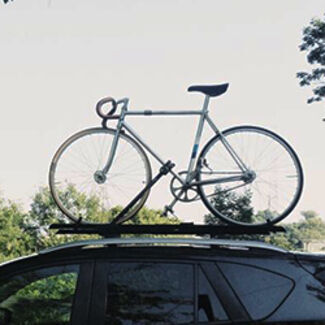
Departments
Towing
- Trailer Hitch
- Fifth Wheel
- Gooseneck
- Towing a Vehicle
- Front Hitch
- RV Hitch
- ATV Hitch
- HD Truck Hitch
- Vehicle Wiring
- Brake Controller
- Ball Mounts
- Weight Distribution
Sports and Recreation
Trailer Parts
- Utility Trailer
- Boat Trailer
- Landscape Trailer
- Enclosed Trailer
- 5th/Camper Trailer
- Car Hauler
- Horse Trailer
Vehicle
Contact & Help

What our customers are saying:
"I like the easy of navigation through the site. It only took me a couple of minutes to place my order. Thank You I will shop this sight again in the future."


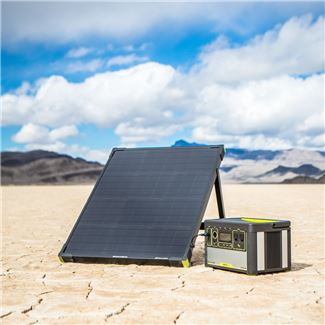
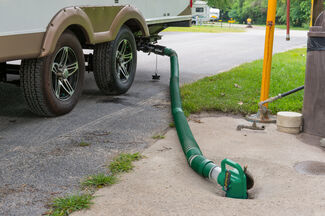

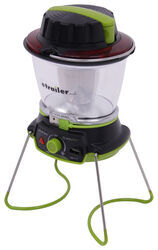



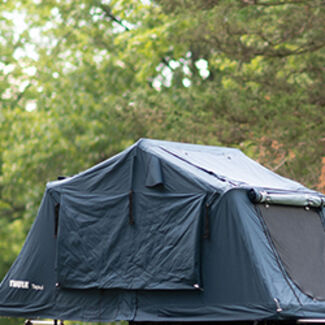
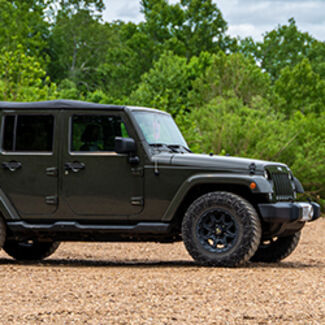












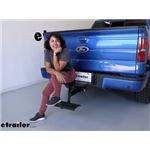

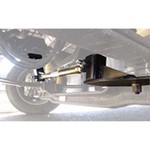
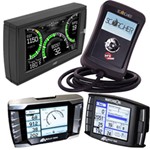








David F.
12/11/2022
Buy a F-150 Powerboost, Top Boone Docking pick. 7kw generator will power Everything on your RV